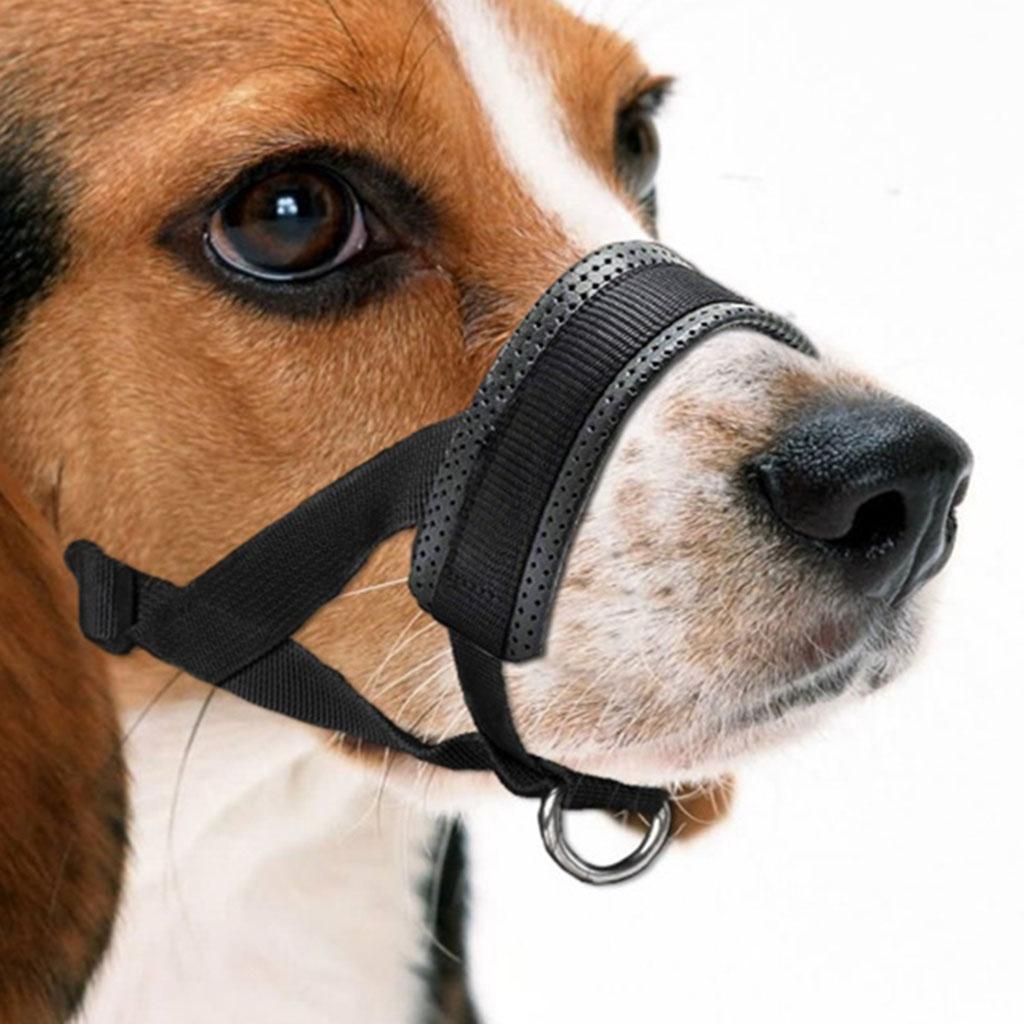

If a dog dislikes strangers at first and needs just a little time to adjust to them, a muzzle can provide a level of calm for nervous visitors.Muzzles can be used until everyone learns to play nice. Bringing a new dog home to join the pack can be stressful.If your dog doesn’t like kids but you have to babysit a two-year-old, a muzzle will protect the child and your peace of mind (although preferably child and dog would be separated at all times in any case).If your brand-new adult dog or foster dog hasn’t been exposed to the dog park before and you have no clue how she’s going to react, a muzzle can make the difference between trauma and calm.You can feel calmer while you’re out knowing your sofa is safe from teeth (though not from drool). A muzzle can prevent this - although it cannot prevent scratching at the door.

Dog muzzle skin#
Unlike an Elizabethan collar (or e-collar, a plastic cone that fits over the dog’s neck and head), a muzzle will stop a dog from chewing, licking, or otherwise irritating her allergic skin or a healing wound.It prevents an injured dog, such as one just hit by a car, from biting because she’s in pain (the caveat being that you have to get the muzzle on while she is in pain).A muzzle prevents an aggressive dog from biting.While preventing bites is one appropriate use for them, there are plenty of other reasons to put a little safety barrier between her teeth and the outside world. The easy misconception is that only dogs who bite wear muzzles.


 0 kommentar(er)
0 kommentar(er)
